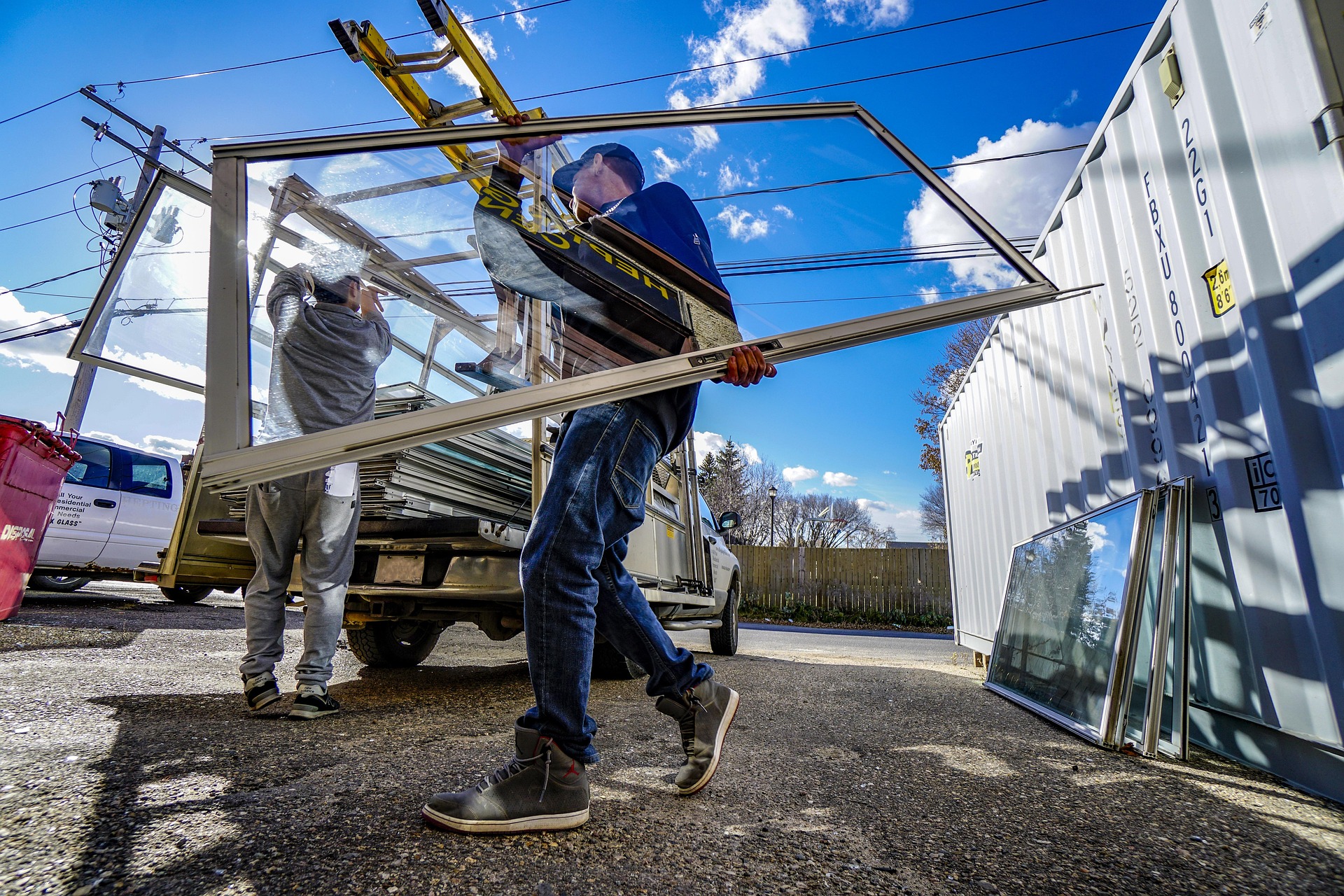Cultivating Career Resilience in an Unpredictable Job Market
Intro: In today's dynamic job market, cultivating career resilience can be the key to professional growth and success. This article explores the concept of career resilience, its influence on job satisfaction and career trajectory, and how you can build it to navigate the ever-changing employment landscape.
Understanding Career Resilience
Career resilience refers to the ability to adapt to changing circumstances, whether these changes are within your control, like choosing to switch careers or outside your control, such as industry-wide layoffs. It is about being flexible and persistent, maintaining a positive attitude, and continuously learning and evolving. This concept has roots in the psychological construct of resilience, which focuses on individuals’ capacity to bounce back from adversity.
Current Job Market Trends and The Need for Resilience
The job market of today is characterized by rapid technological advancements, industry disruptions, and globalization. This has led to the emergence of new roles and job descriptions, and the obsolescence of others. In such a landscape, career resilience is no longer a desirable trait but a necessity. Job seekers and professionals must be prepared to upskill, reskill, and transition between roles and industries to stay relevant.
Building Career Resilience: Benefits and Challenges
While building career resilience is beneficial, it comes with its own set of challenges. The benefits include job satisfaction, career growth, and stability, even in uncertain times. However, it requires continuous learning, adaptability, and self-motivation, which can be demanding. It also requires a mindset shift - viewing career changes not as setbacks, but as opportunities for growth.
Real-World Applications of Career Resilience
Career resilience is not about predicting what will happen in the job market but being prepared for whatever comes your way. It involves staying updated with industry trends, continuously learning and developing new skills, and maintaining a robust professional network. It also means understanding your career values and aligning them with your job, which can lead to greater job satisfaction and resilience.
Research-Backed Strategies to Enhance Career Resilience
Research suggests various ways to build career resilience. These include maintaining a growth mindset, seeking feedback, and learning from failures. Networking and mentoring also play crucial roles as they can provide support, guidance, and opportunities for career development. Lastly, self-care and maintaining work-life balance contribute to resilience by preventing burnout and promoting overall well-being.
In conclusion, career resilience is a crucial trait for navigating the modern job market. It requires a proactive approach to career development, continuous learning, and the ability to adapt to change. By developing career resilience, professionals can ensure they not only survive but thrive in the evolving world of work.





